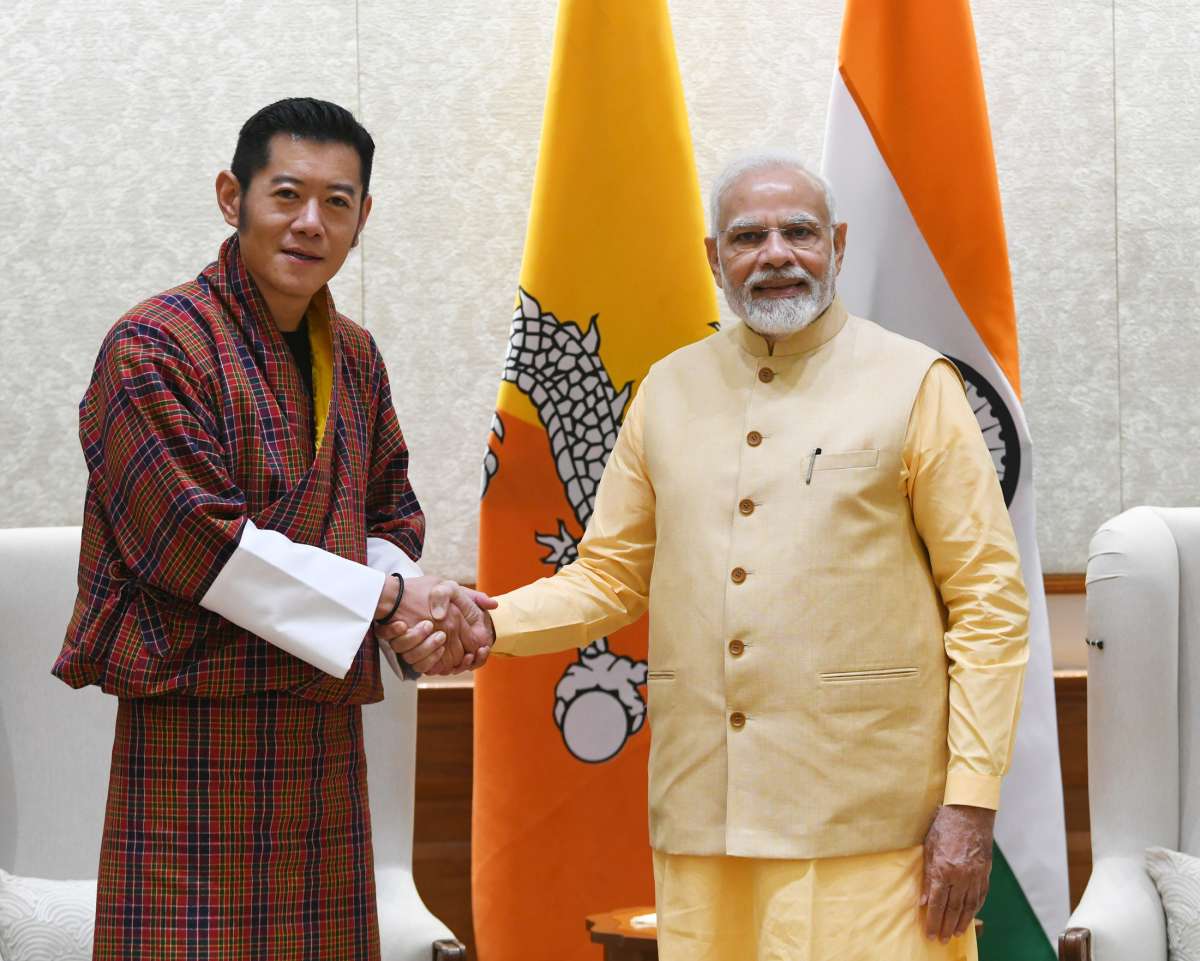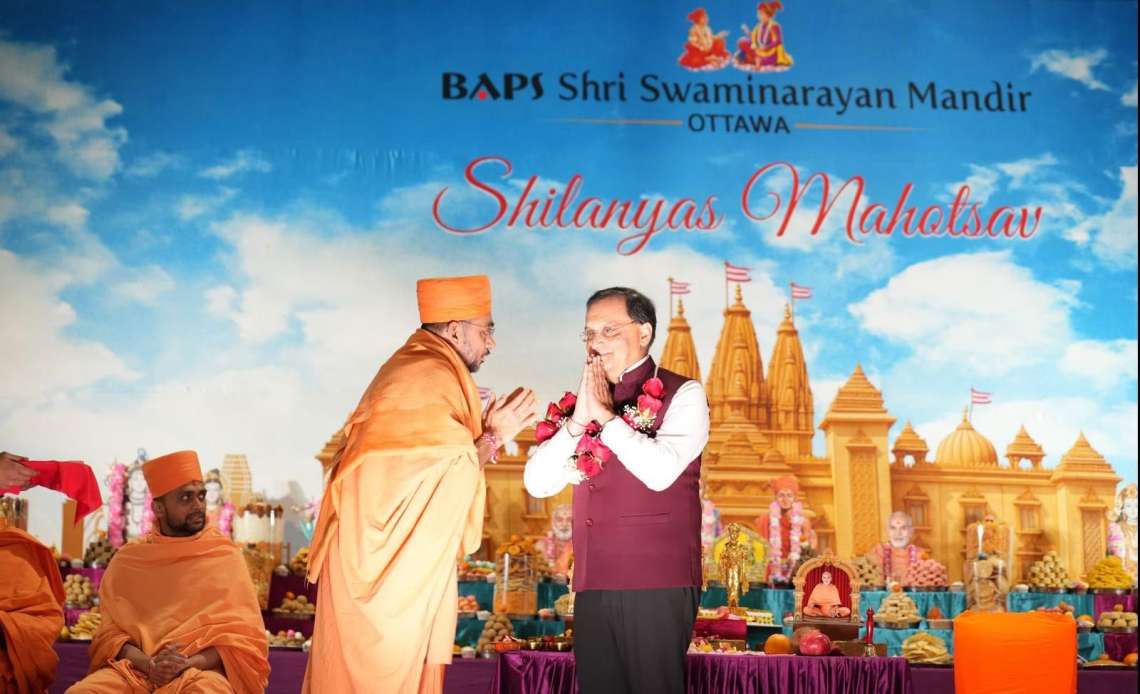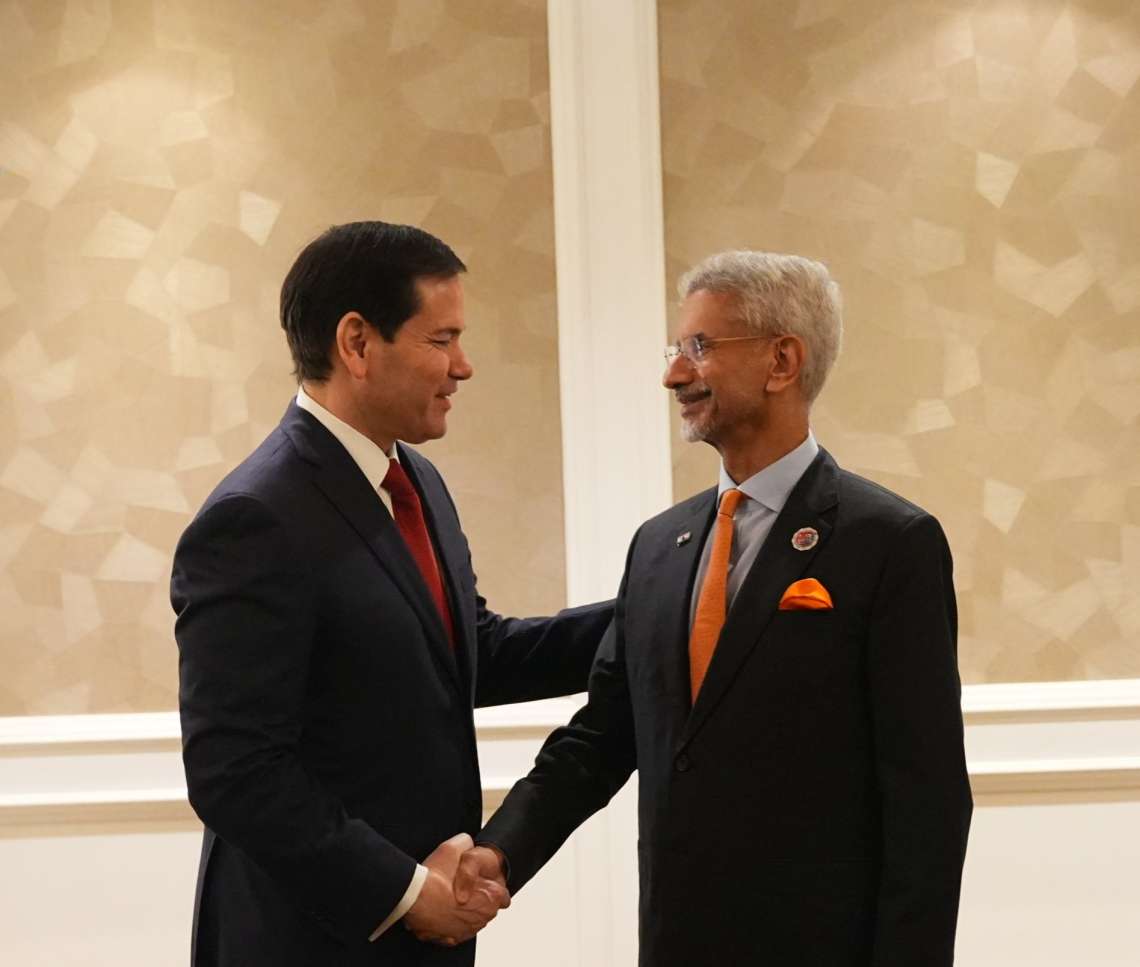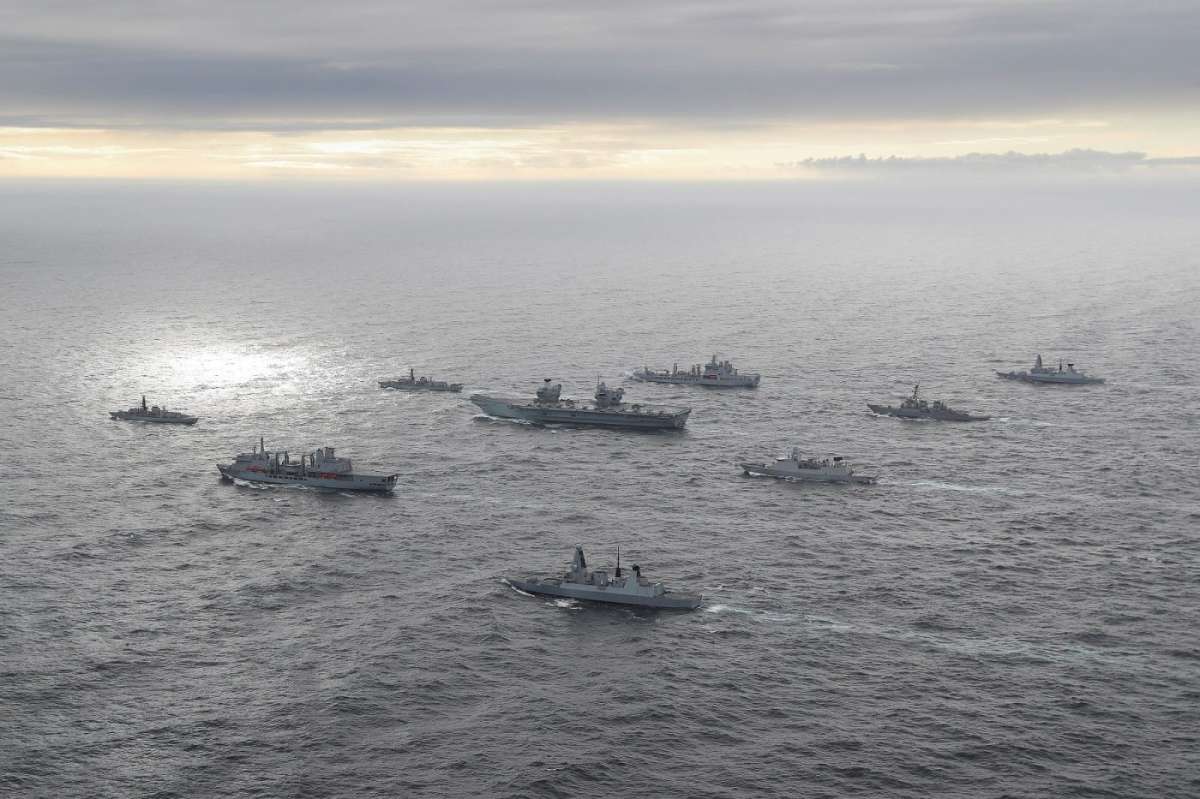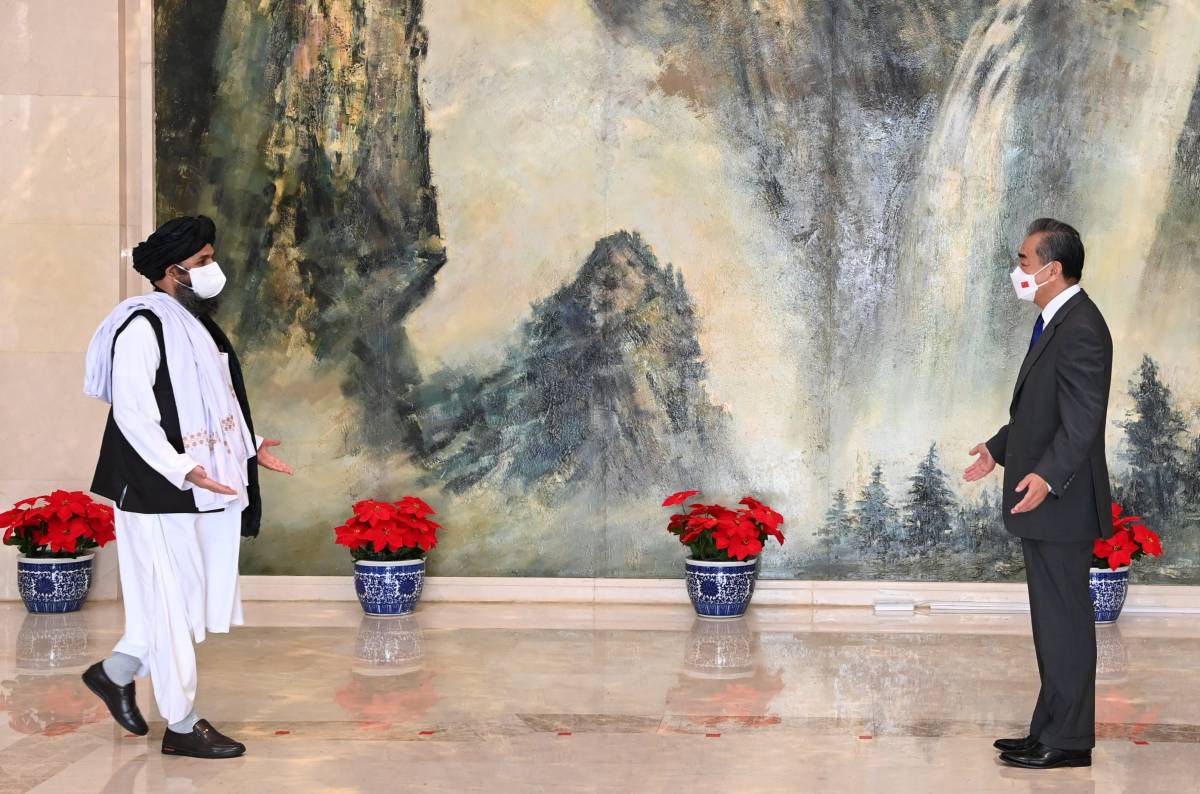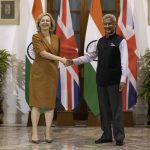Bhutan not only shares a 699 kilometres long boundary with India adjoining four Indian states but is also a key player in two of India’s cardinal foreign policy elements – Neighbourhood Policy and Act East Policy….reports Asian Lite News
The relationship between India and Bhutan is based on the pillars of trust, goodwill and mutual understanding. The two neighbours have a close civilisational, cultural and economic relationship that dates back centuries. Bhutan considers India as gyagar, meaning the holy land, as Buddhism originated in India, which is the religion followed by the majority of Bhutanese.
The relationship between the two countries further strengthened with the establishment of diplomatic relations between them in 1968. The basis of this relationship is formed on the solid foundation of the Indo-Bhutan Friendship Treaty of 1949 which emphasises “perpetual peace and friendship, free trade and commerce, and equal justice to each other’s citizens.”
Bhutan not only shares a 699 kilometres long boundary with India adjoining four Indian states but is also a key player in two of India’s cardinal foreign policy elements – Neighbourhood Policy and Act East Policy.
For India, Bhutan’s socio-economic development and territorial integrity have always been a key plank in its foreign policy agenda. The two countries have a close strategic partnership, with India providing assistance to Bhutan in various sectors, including economic development, infrastructure, education, health and security.
India is not only Bhutan’s biggest development partner but also the most important trading partner both as a source and market for its trade in goods and services. India provides not only the transit route to a landlocked Bhutan but is also the biggest market for a number of Bhutan’s exports including hydroelectricity, semi-finished products, ferrosilicon and dolomite.
Bolstering strategic relations, India deployed its Military Training Team (IMTRAT) in Bhutan to train the Bhutanese security forces in 1961 and since then has been responsible for Bhutanese security. A number of engagements pertaining to security and border management issues, threat perceptions, coordination of Indo-Bhutan border entry exit points, and sharing of real-time information, among other aspects are being undertaken by the two countries on a regular basis.
The Doklam standoff between Indian and Chinese forces in 2017 has made the security matter even more important and has led to even better coordination and partnership between Indian and Bhutanese forces to secure the strategic areas.
The Indo-Bhutan relationship has development cooperation and hydroelectricity generation as its cornerstone. The two countries have committed to jointly develop 10,000 MW of hydroelectricity capacity in Bhutan. The completion of the 720 MW Mangdechhu hydropower project in Bhutan has been deemed an achievement of the partnership between the two countries. This has propelled discussions of the Sankosh Hydropower Project building between the two countries.
The two countries did not deter from their commitment even during the COVID-19 pandemic and commissioned the first-ever joint venture project – the 600 MW Kholongchhu hydropower project during the testing time. The project is aimed at generating surplus hydroelectricity for Bhutan which will be exported to India aiding Bhutan’s revenue as well as employment generation.
India’s assistance to Bhutan’s development is not limited to the hydropower sector but encompasses almost all the sectors including education, health, infrastructure, social services, environmental protection and technology advancement, amongst others. As per Bhutan’s 12th Five Year Plan (2018-2023), India is providing grant assistance to the tune of INR 4,500 crores, along with a transitional Trade Support Facility of INR 400 crores over a five-year period to reinforce the economic linkages.
In the realm of scientific and technological cooperation, the recent launch of a joint India-Bhutan SAT satellite by ISRO marks a new era of India – Bhutan relations. This satellite is expected to enable Bhutan by providing real-time data and high-resolution images for land mapping and facilitating managing its natural resources, forests and agriculture.
This development is in line with the growing India-Bhutan relations in new avenues such as advanced technology, space and digital systems.
Several key initiatives have already been launched in the fields of digital and space, such as RuPay, the integration of Bhutan’s DrukREN with India’s national Knowledge Network and the establishment of Ground Earth Station by ISRO to harness the services of South Asia Satellite. Thus, India is enabling the development of Bhutan’s digital and space infrastructure so as to harness the potential of Bhutanese youth via skill development and employment generation.
Through digital and space cooperation, not only India is spreading its technological footprint but Bhutan is also getting benefitted from India’s investments, research and development, technological know-how and expertise in bringing about transformation in various sectors in Bhutan of the 21st Century.
The ties between India and Bhutan have over time matured into comprehensive partnerships and cooperation on a wider range of issues spanning energy security, business and trade, security and intelligence sharing, digitisation, space technology and conservation biology sectors, amongst others.
India always stood by Bhutan in adverse situations and challenging times in past and Bhutan acknowledged it. As a friendly and helpful neighbour, India has been responsive to Bhutan’s needs exemplified by the support extended to Bhutan supplying essential goods and services and whatever requisites from time to time.
Bhutan expressed gratitude and appreciation for India at the UN General Assembly for its “heart-warming goodwill” and “valuable support” in the supply of COVID-19 vaccines under New Delhi’s ‘Vaccine Maitri initiative’ that enabled the Himalayan country to make the nationwide rollout of the COVID-19 vaccination programme when the entire globe had been reeling under the unprecedented health crisis. The two countries shall be proud of their relationship which is based on trust, shared cultural values, mutual respect and partnership in sustainable development. (ANI)


